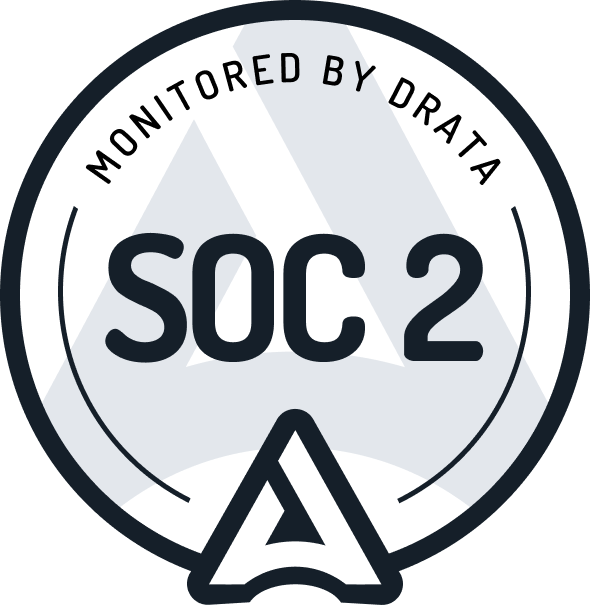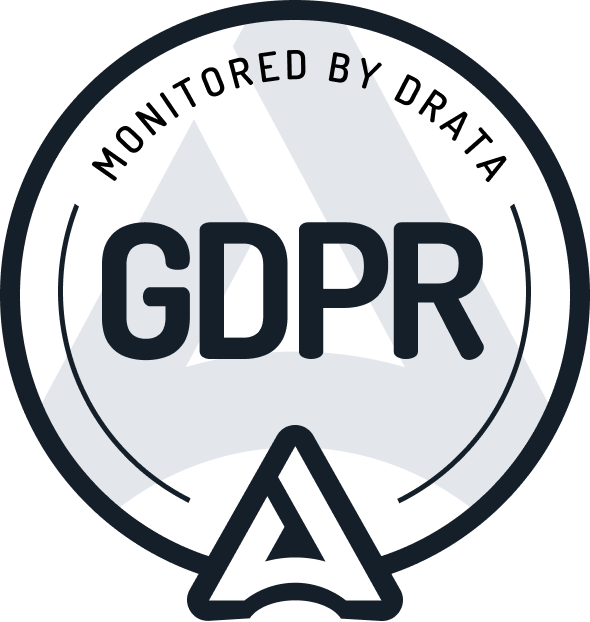
Why the developer community is at the heart of R3
Get notified when customers mention you online - with Crowdlens
Jonathan Reimer: Hi David! How did you get into Developer Evangelism?
David Awad: I originally went to college for musical theatre, and then I switched to a double in computer science and physics. My personal path was through college hackathons. I’ve been to many hackathons and built many different things. Every weekend I would go to a different college, I’d meet new people and build a ridiculous new project that shouldn’t exist. I thought: “This is a lot of fun. I’m enjoying it more than most things I’ve ever done” and that was sort of the start.
As far as how I ended up as a developer evangelist here at R3, I spent a little bit of time at Tumblr. That was my first job out of college, writing release software, doing DevOps, that sort of thing. I did that for about 7 months and then left to start a non-profit, and while working on that I got my master’s in computer science from Georgia Tech and also worked at a telecom software company. When you’ve been an engineer for a while but you also have an inclination to work with people and get excited by a lot of different projects that’s the sort of formula that brings you to developer evangelism. And so I was bouncing between many different projects for quite a while until I got my masters and the opportunity came to me to do this kind of work with R3.
Jonathan: Can you quickly summarize what R3 is doing?
David: I think a good way to put it might be to say that R3 is building the forefront of trust computing. If we have two different systems, and we want to interact with each other as two parties, maybe we have software mediating what happens, but there are plenty of instances in which malicious actors can gum up the works and create problems and friction for free trade and efficient markets. What we’re working on at R3 is essentially bridging these gaps and making different kinds of markets and industries as efficient as possible with Blockchain and Conclave tooling.
Ideally, developers come to us to learn to use tools, libraries, and the community centered around distributed and secure computing applications. This comes in the form of two primary tools: Corda and Conclave. Most people who know R3 know us, because of Corda, which is a private Blockchain, that is more scalable and has private transactions, unlike on a normal Blockchain where transactions are published out to everyone in the world. More recently, we’ve launched another tool for developers who are interested mostly in private secure computing, where even the host running the code is untrusted. That tool is called Conclave.
Jonathan: What is the role of the developer community for R3? And could you please also describe your approach for building a developer community?
David: The developer community, ideally, is at the heart of everything we do. We go to developers, we get them excited about cases within Corda, we try to highlight what tools are available to them, and help them with what they’re building. On the Conclave side, a similar story: We’ve talked to developers who are interested in building solutions for human trafficking, using secure enclaves to make sure that the data that is being used is only being used in exactly the way that you would expect.
The developer community, ideally, is at the heart of everything we do.
Ideally, on the day-to-day, we’re communicating stories to developers, we are hearing what they’re going through, and building either new samples to make things easier for them or help them clarify concepts. That comes out in the form of new videos, samples, blog posts. We also write occasionally about movements in the industry and how Blockchain and how secure computing can help them. When people build interesting projects, I always try to reach out and say see if they’re interested in us highlighting their projects, and just giving out praise. Praise is free. Congratulating people on the wins is always a great way to build community and help people feel more proud of what they’ve done.
On the inbound side, we maintain a very active collection of the ways people can reach us. I’m easily on 6 different platforms a day, checking 6 different places, making sure that we’re not missing anything, and trying to be very aware of how people are reaching out to us. A great example of this is Stack Overflow. We never went the way to create a Corda tag on Stack Overflow. That naturally emerged as more and more people started using the product. It was like: “Now we have to be aware of this, and keep our eyes peeled where things can pop up”.
Ideally, when it comes to community building the last thing that I want to mention is that it’s not always about the tool, sometimes it’s about the person. So, when someone would come up to me at a college hackathon and ask me about how to get their Mailgun integration working - Am I gonna sit there and shoehorn my product into their hackathons project? No, it's about guiding them to see the value of email in their project. And if they do see the value of email in their project, then someday they might think that my product is a good alternative, and they’ll remember. Maybe they won’t remember the Mailgun integration, but they will remember that that person really helped them, and that is the investment that many people are making whether they realize it or not.
Jonathan: How does the R3 Development Fund link to your community initiative?
David: Essentially, the idea here is that you can do a couple of business models at once. Whenever someone comes up to you and says: “Hey, I’m interested in building a company using your product”, you're gonna help them. The first thing they do is that they have special pricing. For example, if they need professional support or consulting, we have special pricing for startups that reach out to us, that are trying to build something new. It’s not that hard to get a discount out of us. We’re out there to help people who are trying to build something with our product because ultimately they’re helping us.
What the venture development team will also do is occasionally be able to co-invest. The R3 venture development team is interested in building an ecosystem out of the developers who are using our product, and interested in co-investing and assisting in their fundraising rounds, and eventually you run your third business model which is growing your investments over time. If you do well enough on the venture side, that’s a whole business model of its own. By offering this sort of community and ecosystem, you can tie together a syndicate, if you will, of Corda-enabled startups, that couldn’t exist in a lot of other scenarios. That's a really interesting ability that exists there and sort of what the venture development team is going for.
Jonathan: Coming back to the community aspect, what do you think is the biggest challenge for you in building a community at R3?
David: Different products naturally lend themselves to different kinds of individual developers. The kind of developer that’s going to use a Blockchain for a product or project is very different from the kind of developer that’s going to use email for a project. It is interesting to think about what your product will influence, in terms of a direct consumer model, if that’s what you’re going for. Some products do a better job of building momentum and gaining individual contributors and highlighting individual products than others.
In my experience, there are a lot of organizations that don’t realize how hard this evangelism is because some organizations say that open source is at the core of what they do, and others do not. Some people slap the word ‘open source’ on their product, but it’s just to get to the top of the funnel. Other organizations put top-of-the-funnel as open-source, but they live and breathe it. Corda has been open source since the beginning, and this doesn’t exactly apply to us as much, but finding the right philosophy and living and breathing that up and down the organization is absolutely a big part.
The point is that having the right philosophy, being open to anyone and everyone, building anything and everything, and celebrating each and every project, comment and question are how you build powerful momentum, and that momentum is very hard to build if you don’t have that philosophy aligned from top to bottom in the company. It’s always really successful in those companies with former developers as CEOs. They tend to really live this, and they tend to see it a lot more clearly.
Jonathan: What’s your favorite resource on community building?
David: I recommend Developer Relations, the Book, and The Business Value of Developer Relations: How and Why Technical Communities are Key to Your Success? You may also want to check out: DevRel Collective, DevRelCon, DevRel Summit, DevRel Weekly, devrelweekly.com, devrelcollective.fun, and 2021.devrel.net.
Jonathan: Looking into the future, what will be the role of community?
David: Ideally, as I described earlier, when it comes to momentum, I look forward to seeing R3 developers building out individual use cases, deploying small, independent projects, hopefully, more random projects using Corda and Conclave in ways that we would have never thought of because it just opens up new ideas and expands our minds more. I think we’re on the path to building that momentum so I’m looking forward to the journey.
Jonathan: Great! Thank you very much, David!
About "The Rise of Community"
Community is moving more and more into the focus of the software industry and beyond. Traditional marketing approaches are coming to an end with more of our (professional) lives taking place online. Therefore, companies are relying on building communities now more than ever. This is especially reasonable for products that rely on a bottom-up approach such as open-source or API. But how do these new, community-driven organizations work? What are their tips and tricks? And how will the future of communities look like? In the interview series “The Rise of Community”, you will read about the world's best community builders, including founders, DevRels, developer marketers, and community managers.
Get insights to your inbox.
Once per month. No spam.


.png)





